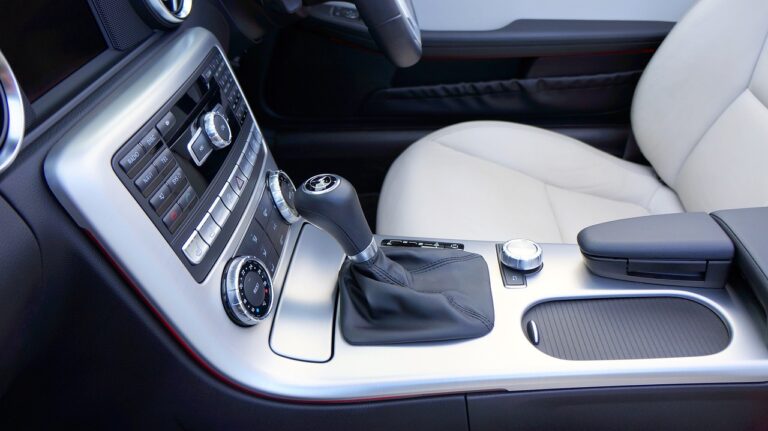Auto Industry and Economic Factors
When analyzing the auto industry, it is evident that several factors have a substantial impact on its performance and growth. Technological advancements play a crucial role in shaping the industry landscape, with innovations like electric vehicles and self-driving cars revolutionizing the market. These technological developments not only influence consumer preferences but also drive competition among automakers to stay ahead in an increasingly digital world.
Moreover, economic conditions significantly affect the auto industry, as fluctuations in GDP, employment rates, and consumer confidence directly impact vehicle sales. During economic downturns, consumers are more cautious with their spending, leading to a decline in auto sales. Conversely, during periods of economic prosperity, consumers are more willing to make significant purchases, boosting the demand for vehicles. Therefore, it is essential for industry players to closely monitor economic indicators to anticipate market trends and adapt their strategies accordingly.
Supply and Demand in the Auto Market
Supply and demand dynamics play a crucial role in the auto market, determining the equilibrium price and quantity of vehicles bought and sold. When there is high demand for automobiles, manufacturers increase production to meet consumer needs. This can lead to a surge in sales, but if production outpaces demand, an oversupply of vehicles occurs, putting pressure on prices.
Conversely, when demand for cars decreases, manufacturers may scale back production to prevent excess inventory. This can cause prices to drop as dealers offer discounts and incentives to attract buyers. Understanding the balance between supply and demand is essential for stakeholders in the auto industry to make informed decisions and adapt to market fluctuations.
Impact of Interest Rates on Auto Sales
Interest rates play a pivotal role in influencing consumer behavior in the auto market. When interest rates are low, borrowing costs decrease, making it more affordable for individuals to finance car purchases. This often leads to an increase in auto sales as consumers are more inclined to take advantage of favorable financing terms.
Conversely, when interest rates rise, the cost of borrowing increases, which can deter some buyers from making a purchase. Higher interest rates can result in higher monthly loan payments, causing potential buyers to rethink their decisions or opt for more budget-friendly options. As a result, the auto industry may experience a slowdown in sales during periods of elevated interest rates.
How do interest rates affect auto sales?
Interest rates play a significant role in auto sales as they directly impact the cost of financing a vehicle. When interest rates are low, it becomes more affordable for consumers to take out loans to purchase cars, leading to an increase in auto sales. On the other hand, when interest rates are high, the cost of borrowing increases, which can decrease consumer demand for new vehicles.
What are some other factors that can affect the auto industry?
Besides interest rates, factors such as consumer confidence, economic conditions, gas prices, and government policies can also influence auto sales. For example, a strong economy with low unemployment rates and high consumer confidence typically leads to increased car purchases.
How does supply and demand impact the auto market?
The relationship between supply and demand in the auto market is crucial. When demand for cars is high and supply is limited, prices tend to increase. Conversely, when demand is low and supply is high, prices may decrease. This balance between supply and demand can have a direct impact on auto sales and overall industry performance.
What can auto dealers do to mitigate the impact of interest rate fluctuations?
Auto dealers can offer incentives such as low financing rates or cash rebates to attract customers during times of high interest rates. They can also focus on promoting fuel-efficient vehicles or electric cars that may appeal to consumers looking to save on gas expenses. Additionally, dealers can work closely with lenders to secure competitive financing options for customers.







